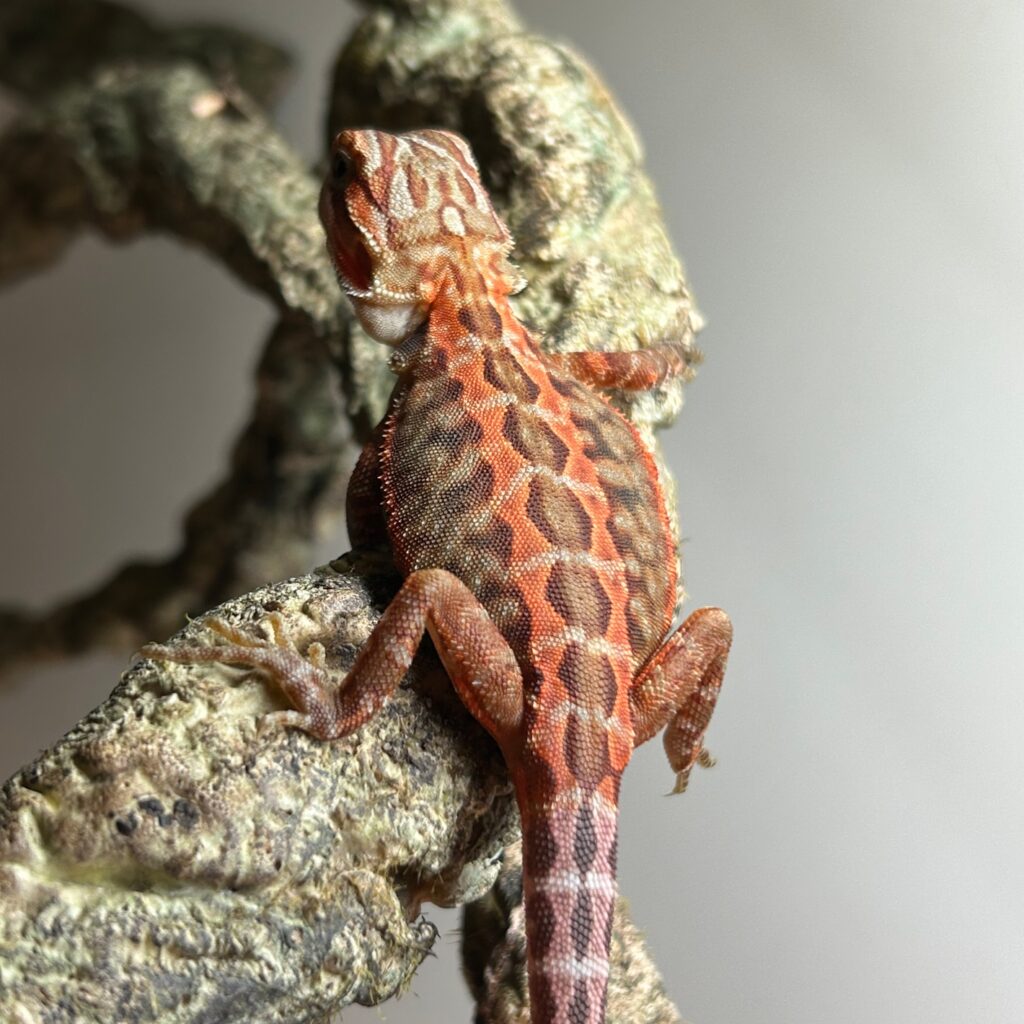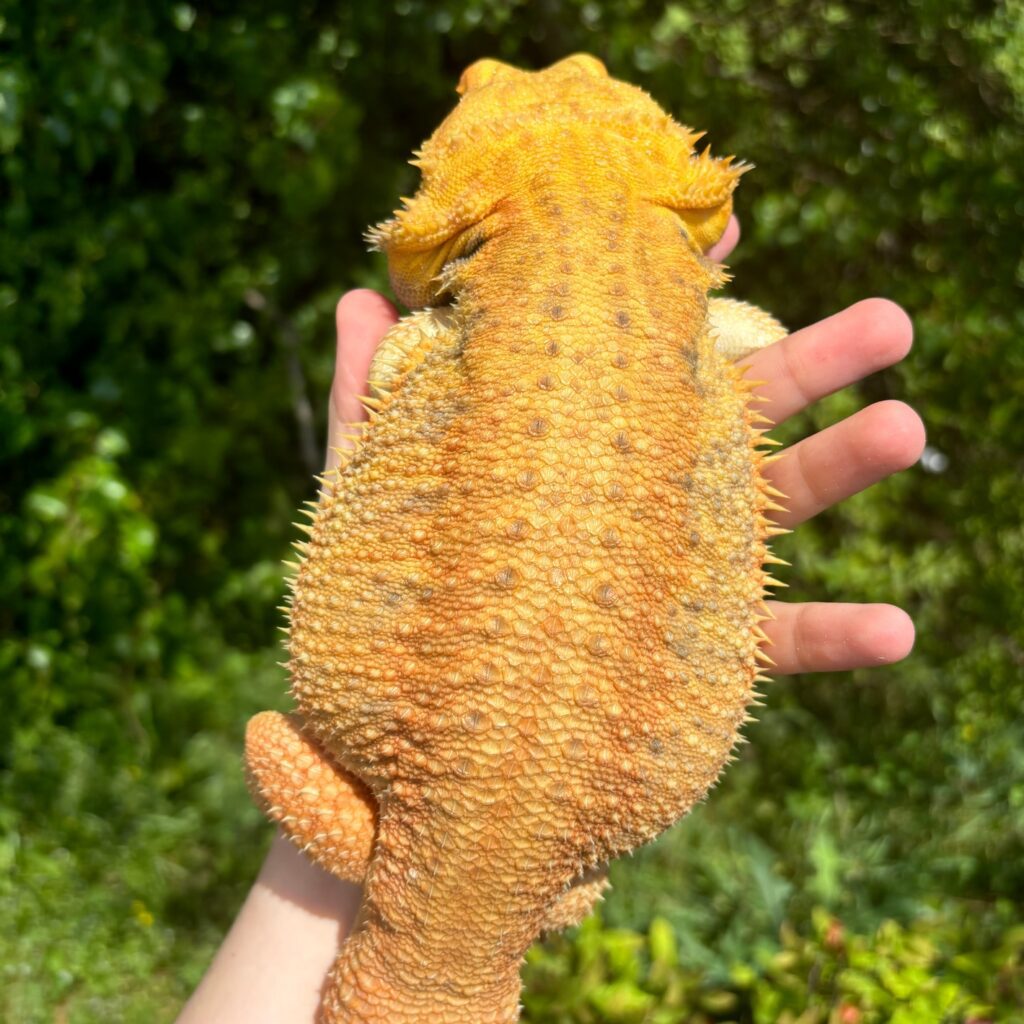

The Ultimate Chameleon Care Guide
Chameleons are among the most fascinating reptiles in the world, known for their incredible color-changing abilities, independently moving eyes, and unique personalities. If you are thinking about getting a chameleon, it is essential to understand their special needs. This ultimate chameleon care guide will walk you through housing, diet, handling, and health tips, ensuring your new pet thrives in your care.
Whether you’re a first-time reptile owner or an experienced keeper, following these guidelines will help you raise a healthy and happy chameleon.
Understanding Chameleons
Chameleons belong to the family Chamaeleonidae and are native to parts of Africa, Madagascar, southern Europe, and Asia. They are arboreal reptiles, meaning they spend most of their lives in trees, which influences their habitat and care requirements.
One important thing to note is that chameleons are generally solitary creatures and can become stressed if housed with other chameleons. Knowing the specific needs of your species is vital, as care can vary between Panther, Veiled, and Jackson’s chameleons.
Setting Up the Perfect Enclosure
A proper enclosure is key to chameleon health. Unlike snakes or geckos, chameleons require a tall and well-ventilated space to mimic their natural habitat.
Ideal enclosure features include:
-
Size: At least 24” x 24” x 48” for an adult chameleon.
-
Material: Screen cages are preferred over glass tanks for ventilation.
-
Vertical climbing space: Include branches, vines, and live plants for hiding and climbing.
-
Temperature gradient: Daytime basking spot around 85–90°F, with the rest of the enclosure between 72–80°F.
-
UVB lighting: A must-have for calcium absorption and bone health.
For detailed enclosure setup tips, you can visit Reptiles Magazine’s chameleon care section a reputable USA-based resource.
Diet and Feeding
Chameleons are insectivores, meaning their diet should consist mainly of live insects such as crickets, dubia roaches, and mealworms. Variety is important to provide balanced nutrition.
Feeding guidelines:
-
Feed juvenile chameleons daily, adults every other day.
-
Gut-load insects with nutritious foods before feeding.
-
Dust insects with calcium and vitamin supplements (calcium without D3 most days, with D3 once or twice a month).
-
Offer occasional treats like silkworms or hornworms for enrichment.
For a more in-depth diet guide, check our Reptile Feeding & Nutrition page on Reptiles Haven.
Hydration
Unlike many reptiles, chameleons rarely drink from standing water. They prefer to lick water droplets from leaves, so misting their enclosure multiple times a day is important. A drip system or automatic mister can also help maintain proper hydration.
Signs of dehydration include sunken eyes and lethargy. Always ensure fresh, dechlorinated water is available for misting and dripping.
Handling Your Chameleon
While chameleons can be tamed to tolerate handling, they are not naturally social animals and can get stressed if handled too frequently. Limit handling to short sessions and allow your chameleon to climb onto your hand rather than grabbing it.
Patience and gentle movements go a long way in building trust.
Common Health Issues
Chameleons can be prone to certain health conditions if not cared for properly:
-
Metabolic Bone Disease (MBD) from lack of UVB or calcium
-
Respiratory infections from poor ventilation or incorrect humidity
-
Parasites from unclean enclosures or contaminated insects
Regular vet check-ups with a reptile specialist can catch and treat these problems early.
Lifespan and Commitment
With proper care, most chameleons live between 5–7 years, though some species can live longer. Before bringing one home, ensure you are ready for the responsibility and costs involved in their care.
Conclusion
Owning a chameleon is a rewarding experience, but it comes with unique challenges. Providing the right enclosure, diet, and environment will help your chameleon thrive. Always keep learning and updating your care practices from reliable sources.
Ready to start your chameleon journey?
At Reptiles Haven, we have a variety of healthy chameleons for sale, along with enclosures, lighting, and all the supplies you’ll need. Visit our Chameleons for Sale page to find your perfect reptile companion today.
